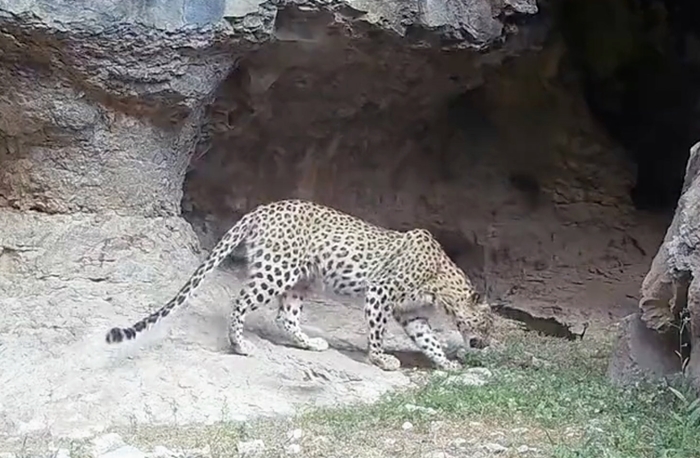The Caucasian Biosphere Reserve is negotiating with Turkmenistan, Pakistan and other countries on the possible transfer of wild leopards to Russia. This was reported by TASS with reference to the director of the reserve, acting director of the Sochi National Park Sergey Shevelev.
“We are currently negotiating with Pakistan and Turkmenistan (on leopards transfer) … As soon as they give the go-ahead, we will decide, as long as they give it,” Shevelev said.
He noted that negotiations with other countries began three months ago to launch a program to transfer a new breeding stock of leopards to the reserve, which is in short supply.
The Caucasian Biosphere Reserve is the oldest mountain and forest protected area in Russia, established almost 100 years ago. The Central Asian leopards disappeared from the territory of the Western Caucasus more than 80 years ago, migrating to other regions. And only in 2016, scientists managed to return several individuals of this species to their original habitat.
According to estimates by the Central Asian Mammals Initiative, Turkmenistan has the second largest population of the Persian leopard (Panthera pardus) in the world after Iran. The IUCN Red List classifies this subspecies of leopard as “endangered”, and, according to various estimates, it lives in nine to thirteen countries, since in some of them the number of the species has decreased to single individuals.
The borders of the modern range of the species in Turkmenistan run along the Great Balkan Range, the northern slopes of Kopetdag and Western Badkhyz. ///nCa, 31 October 2024
